Duma Team Chyulu Update: 01 June 2007
Participants:
James Mbuthia – team leader Nicodemus Kivindyo Julius Kyalo Nasarwa Esimegele David Wambua Isaiah Ndei 2 KWS Rangers
Area of operation:
During the month of June the Chyulu team patrolled the following areas: Kaunguni, Kenzili, Umani Springs, Kibwezi forest, Metava, Mukurulo, Tindima and the Kisyula caves.
ARRESTS 15 SNARES 84
FINDINGS
The team operational bases during the month of June were Kaunguni and Kithasyu.
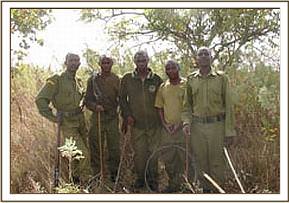
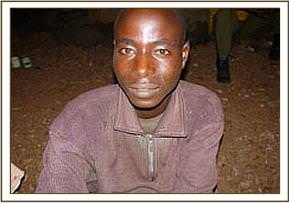
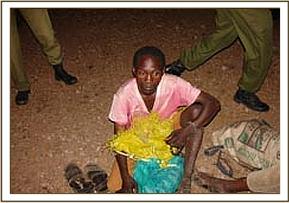
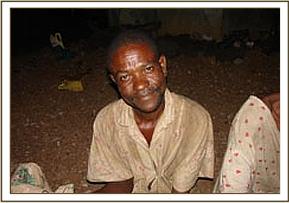
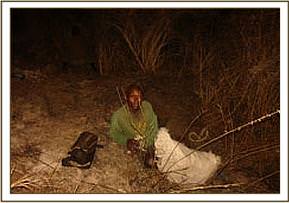

Charcoal Burning Charcoal burning continues to be the biggest threat that faces the Chyulu ecosystem. The wanton destruction of the forest through tree felling is very high, particularly in the Kibwezi forest. While patrolling this area, 9 people were arrested in possession of charcoal and various tools.
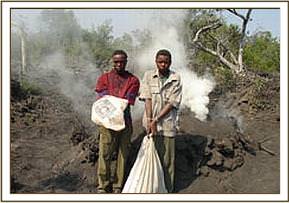
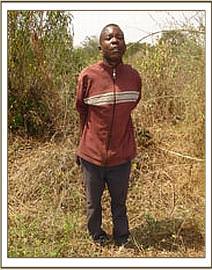

The team also carried out patrols in the Kisula areas where we were able to arrest 2 wood carvers. In March this year we had arrested 13 people for the same offence. We have noticed that there has been a decline in the number of wood carvers in the area, who must have moved to other areas after the March arrests.
Snaring During the teams patrols around Umani springs we were able to lift 50 snares.
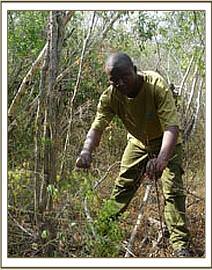
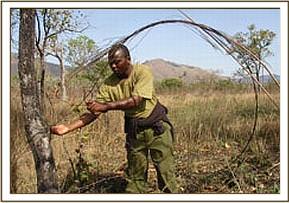
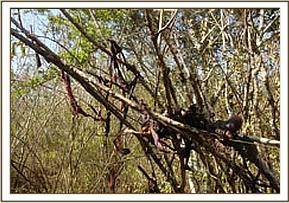
The team later patrolled the Satellite area where the animals are enticed by the fresh grass that has sprouted after the burning of the vegetation in the area. Here we were able to lift 23 snares targeting large game. We also came across the carcasses of elands and forest hogs.
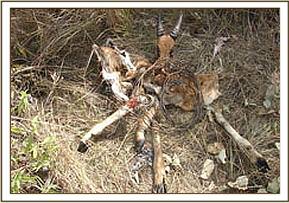

Our patrols were then moved to the Mukurulo area which is another poaching hotspot. A further 11 snares were lifted in this area. There has been an increase in the number of animals around Mukurulo where large herds of Elands, Kongonis and Giraffes have been spotted.
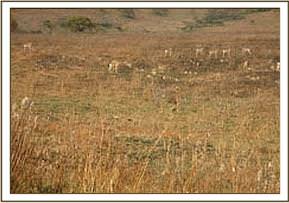

The month was a busy one with the team overseeing the rehabilitation of the Kikunduki-Utu circuit. Seven casuals are on the ground manually opening the road.
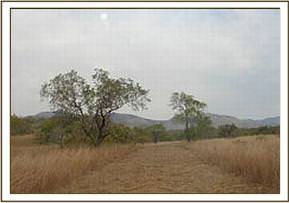
COMMUNITY AWARENESS The team has vigorously embarked on awareness community campaigns targeting the young people in the area, as most of the arrests fall within this age bracket. It is important to address the socio-economic problems facing the youths and advise them of alternative forms of livelihood in an effort to reduce the pressure on the forest and the park.
Report by James Mbuthia